FOMO is, in many ways, a 21st century phenomena. Granted, ‘Fear Of Missing Out’ is likely something that has existed since the beginning of humanity — what with us being social creatures and all. But since the introduction of social media, and especially since it set up camp on our phones, we have an unprecedented ability to see into the lives of others.
We are constantly seeing the edited highlights of other people’s lives. Whether it’s our friends, acquaintances or even celebrities, continually bearing witness to other people’s good news (or at least, perceived good news), such as reaching major life milestones, can make us feel that in comparison we are falling behind, or failing somehow.
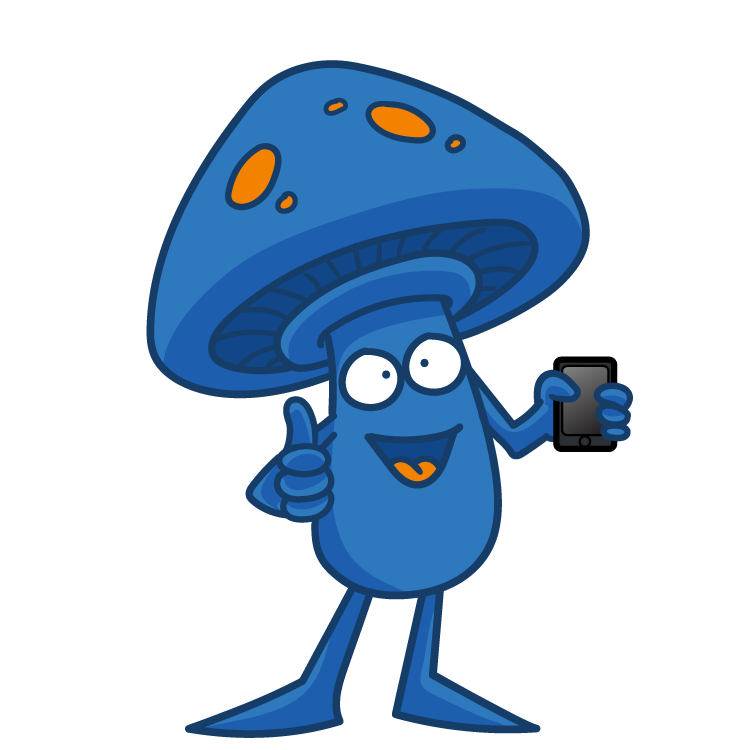
A Filtered Reality
When you are scrolling through the adventures of friends, the tropical holidays of acquaintances, or the filtered selfies of influencers, it is hard not to be swept up into feeling that everyone else is leading better lives, and having more fun than you. Sure, you may know that a lot of these posts and stories are ‘too good to be true’ — an edited and filtered view of reality — but that doesn’t stop FOMO.
This is why, in our perennially online societies, FOMO is such a ‘now’ problem. However, there is some good news; there are ways to beat the feeling of FOMO, and redirect your energies into being present in your own life.
Luckily for those experiencing that very 21st century problem of FOMO, one of its most intriguing solutions, is currently having a 21st century renaissance. We’re talking, of course, about psychedelics. More specifically, psilocybin, from magic mushrooms and truffles. Later on in this article we will explore how they can be harnessed to find your sense of self, reignite more fulfilling passions, and usher in a deeper feeling of connection that is less concerned with the superficial.

What Are the Effects of FOMO, or ‘Fear Of Missing Out’?
FOMO does not simply cover the feeling of being left out. It can dredge up, or cause, many complex emotions, depending on the individual.
Low Self-Esteem:
Constant comparison to the edited ‘best’ of others, will soon make you feel that you are not measuring up. Feeling this way can have a negative effect on how you perceive and value yourself.
Anxiety and Stress:
The feeling that you are not doing enough, achieving enough, popular enough. That you are under constant pressure to catch up, and yet still you are missing out.
Pressure to Socialize:
FOMO can pressure you to put yourself in certain situations — attend events or engage in various activities you’d rather not do — just to avoid feeling left out.
Unhappiness and Depression:
If you can only focus on what you are missing out on, you are less likely to notice or engage with the good things in your life. Focusing on what you don’t have, rather than embracing the present, can lead to feelings of unhappiness or depression.

How Social Media Triggers FOMO
Social media is great for keeping up with, and staying connected to, friends and family, as well as keeping an eye on what’s going on in the world. However, it’s not hard to see how it can present a warped sense of reality. People tend to post their happiest, coolest, most impressive moments. This one-sided approach can create a feeling that everyone else is living a much funner, more fulfilling life than you.
The instant gratification that social media can provide is addictive. Certain kinds of posts — the ones that portray enviable and idyllic lifestyles — garner a lot of likes and comments. This causes people to post more of the same, increasing the concentration of these kinds of images. The dopamine kick that comes from a little notification dot is real. And as people chase that high, the folks feeling FOMO grow too.
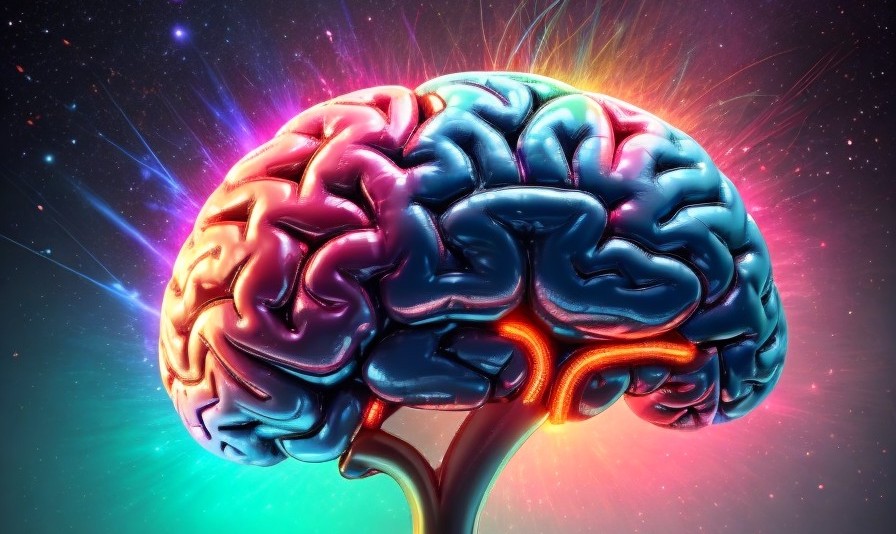
Additionally, being hyper connected at the touch of a screen means that it becomes normal to be perpetually aware of what others are doing. This hyperconnectivity can make it feel impossible to escape this cycle, as there is no break or pause in content.
So, that’s FOMO: the deep dive. Pretty knarly stuff right? Well now it’s time to turn it around, and see what we can do to combat it.
How Magic Mushrooms Can Help You Overcome FOMO
So how can psilocybin help us to overcome FOMO? Well, the first most obvious answer is that if you’re tripping in Wonderland you’re less likely to be wondering what Miss Blah-Blah from work is up to on her third beach holiday of the year.
But more seriously, psilocybin produces many soul-nourishing side-effects than just the trip itself. It can induce self discovery, revelations, deep introspection, and new perspectives. Studies have found that psilocybin can even create new neural pathways in your brain, making it possible to relearn behaviors. It can also temporarily quieten areas of the brain, such as the Default Mode Network (DMN).
The DMN is the part of the brain that deals with our sense of self. Anything self-referential — our autobiographical memories, how we think others perceive us, our reminiscences of the past, our imagined future — that’s the DMN’s bag. When this is quietened, we can see past negative self-images we may have built up, and remind ourselves our story isn’t fixed. This is especially useful when it comes to overcoming FOMO.
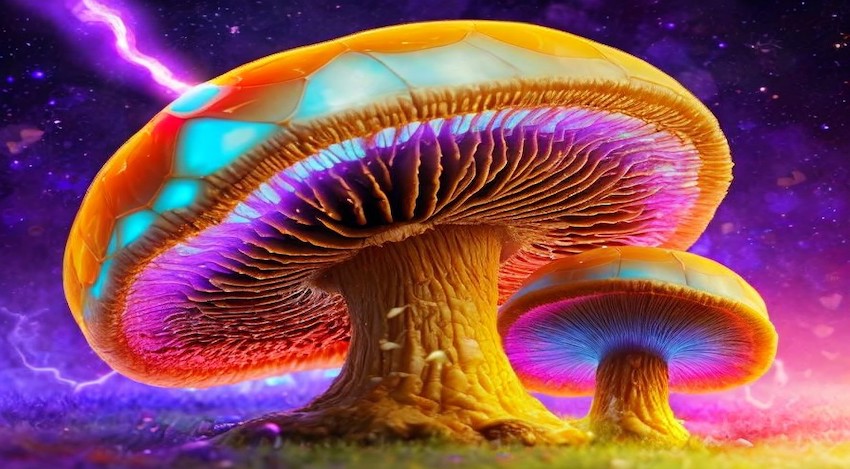
Psilocybin Can Reduce ‘Social Pain’
Many studies have found that psilocybin can be effective in treating depression, anxiety, and other mental health conditions. FOMO does, to an extent, fit under this umbrella. But the research that seems most tailored to this topic was a 2016 study published in The Proceedings of the National Academy of Sciences by Preller et al. The researchers wanted to discover how psilocybin would affect a thing called “social pain.” “Social pain” is the pain associated with rejection. So, it kinda is ‘FOMO’, just by another name.
To measure this, they scanned the brain activity of 21 volunteer subjects whilst they played a virtual game of catch with two other players, who slowly began to exclude them from the game. The subjects played this game after having been given a low dose of psilocybin, or a placebo. Afterwards, they had to fill out a survey about how they felt during the game. In both cases the volunteers were aware that they were being ‘left out’ of the activity. However, the subjects under the influence of psilocybin reported fewer signs of social pain, as well as the characteristic sense of “unity” that psychedelics bring.
Which Kind of Shroom Experience is Best For Overcoming FOMO?
The Macrodose
A ‘macrodose’ is a higher dosage of psilocybin — one that will have you feeling psychedelic effects and tripping. These kinds of trips tend to act as a ‘reset’. It will be an all consuming experience and one that you should prepare for by setting intentions, and clearing your schedule for a day or two. It is also best to build up to this point by experimenting with smaller doses of shrooms, if you haven’t taken them before. This experience may have you coming face-to-face with your insecurities and getting deep into your psyche, so be prepared.
However, afterwards, you may find yourself at a new, more enlightened perspective with the tools to start to live in a more authentic and free way. This experience can help you look past, and diminish your feelings of FOMO, and the importance placed on ‘image’. Appreciating what is good in your life, while feeling a sense of connection and unity is key to moving forwards and seeing what you do have. Check out our tripping guide here!
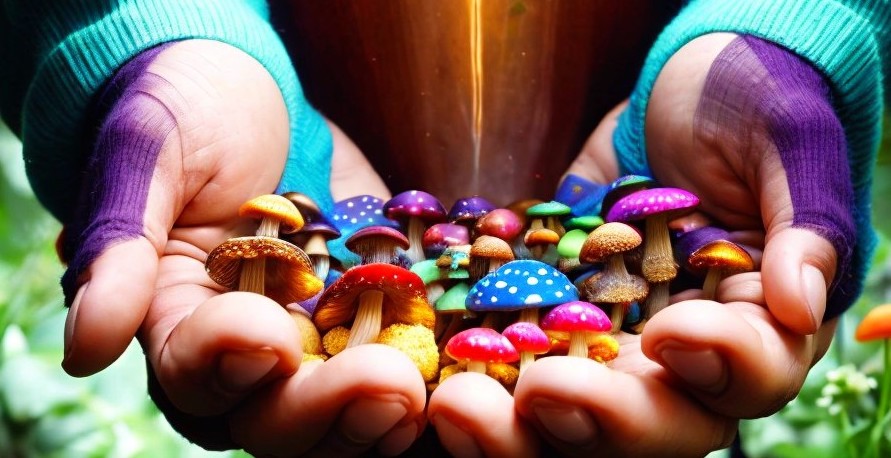
The Microdose
For those who do not want to go the whole psychedelic-hog, or want to be able to get on with their day while still getting the dose of the good stuff; microdosing is for you. Microdosing — the practice of taking a teeny-tiny sub perceptual dose of a psychedelic — has many benefits that help to overcome FOMO. It improves your mood, so you’ll feel better about yourself. It increases focus and concentration, so you are less likely to be distracted by notifications on your various devices. Microdosing can also help you to feel present in the moment, and be engaged in the here-and-now. Check out our microdosing guide here!
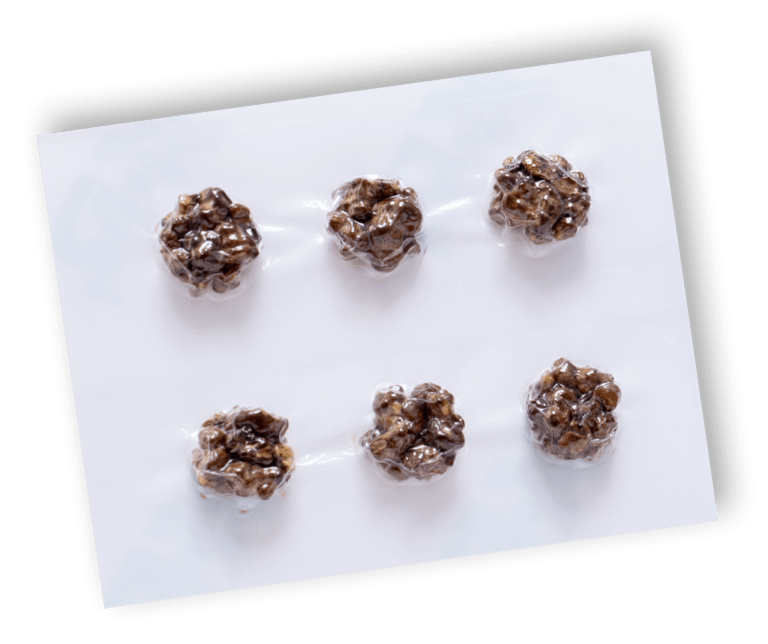
Final Thoughts:
Although psilocybin may become a way to combat many of the anxieties brought on by social media (as well as many other mental health conditions) there are other methods to help yourself to overcome FOMO that are worth trying too.
- Practice mindfulness and meditation
- Put a time-limit on your app usage
- Practice sleep-hygiene — no doom scrolling in bed! Leave the phone in another room.
- Take a break from social media all together
- Connect with people in real life
- Make a gratitude list
- Reach out to your therapist or doctor
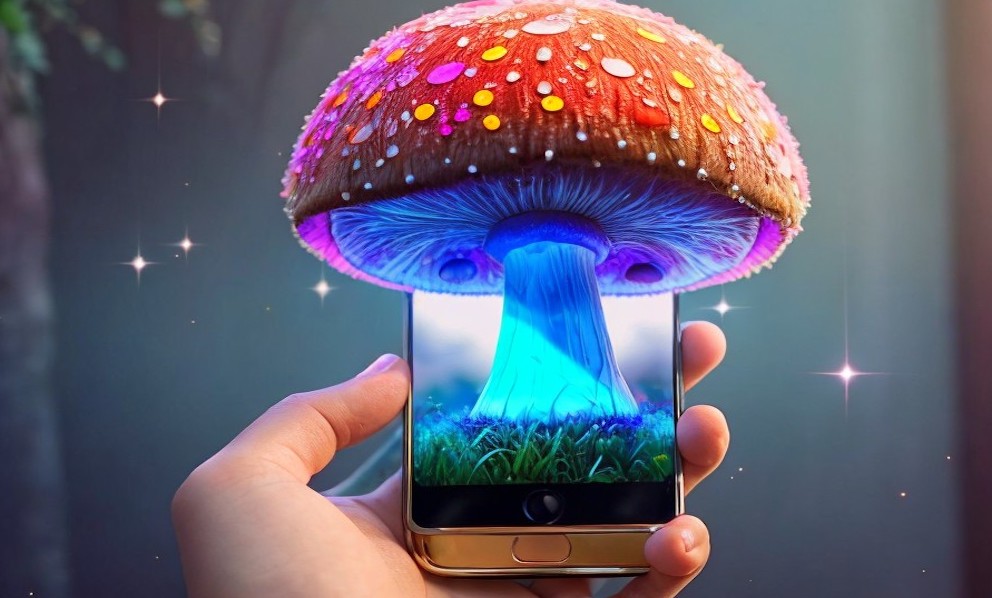
The most important thing is to remember that it’s your life, and you can live it how you want to. Comparing yourself to others is not the way to be free. Looking within, and finding what makes you happy and nourished will help you to live in the moment authentically.





